Do magnets work in space?
Space may be vast and empty, but did you know magnets don’t need air, gravity, or even contact to do their job?
Magnets work perfectly in space because magnetic fields are not affected by gravity or air. They remain stable and effective even in a vacuum.
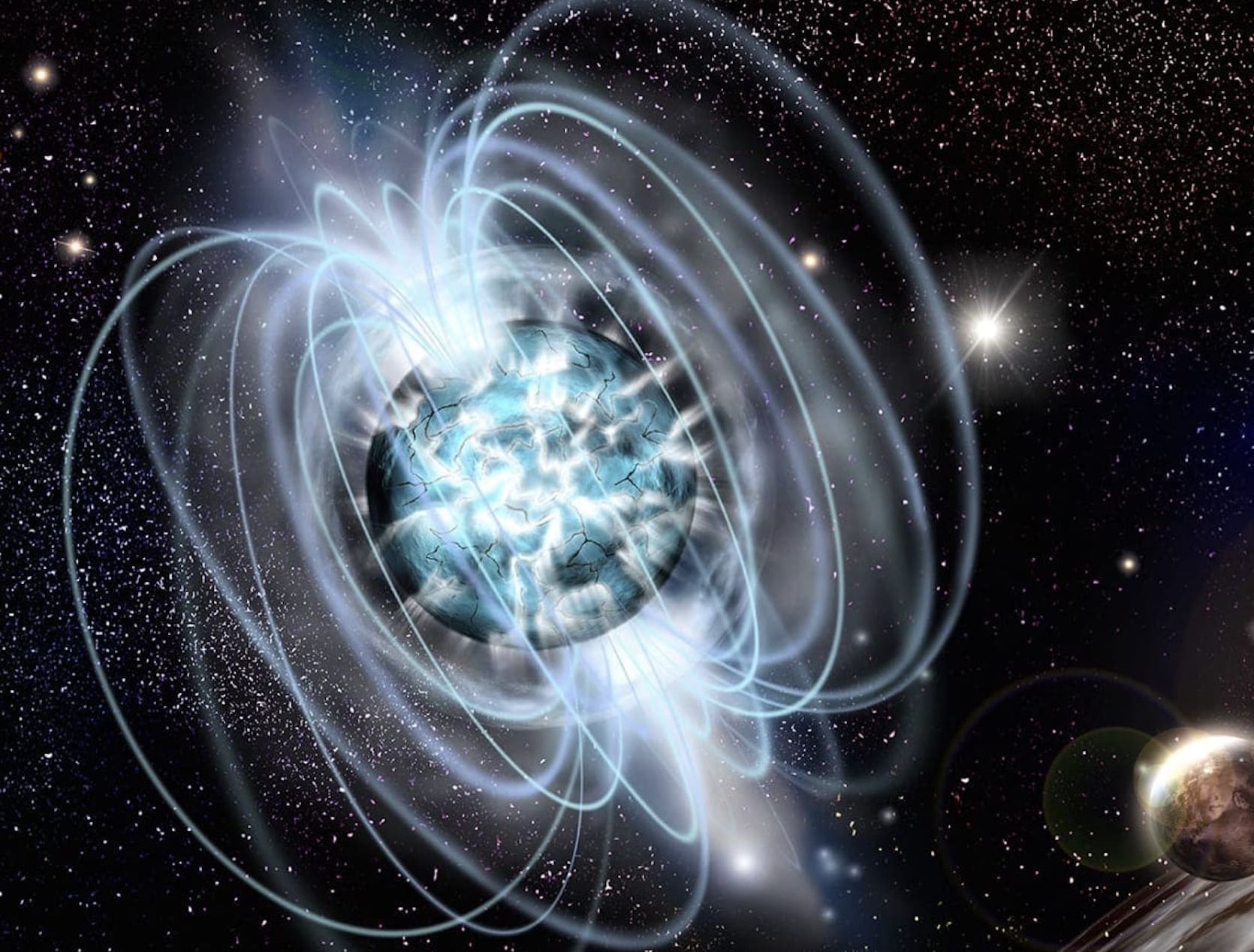
magnet in space
In fact, magnets play an essential role in many space technologies. Their simplicity and reliability make them indispensable for satellite control, cosmic research, and future space missions.
Is magnetism stronger in space?
People often wonder if magnets behave differently in space. Could the absence of gravity or air make them stronger?
Magnetism itself does not change in space. The strength of a magnet depends on its material, not the environment.
Breaking it down: environment vs. material
When we talk about a magnet’s strength, we refer to its magnetic field, measured in units like tesla or gauss. This field is determined by the magnet’s composition, size, and design. Space lacks air and gravity, but these factors don’t influence the intrinsic properties of a magnetic field.
| Factor | Influence on Magnetism |
|---|---|
| Gravity | None |
| Air Pressure | None |
| Temperature | Yes (extreme temps can affect performance) |
| Material Quality | High impact |
A magnet’s strength only changes if the material is heated beyond its operational limit or cooled to extreme levels like liquid nitrogen temperatures. In most space conditions, temperature control ensures magnets function optimally.
In my business, we often prepare neodymium and SmCo magnets for clients in aerospace. These materials are chosen because they maintain performance in the vacuum of space. However, we always recommend testing under thermal cycles to confirm resilience.
Will a magnet still work in space?
A magnet doesn’t need gravity or air. It just needs its magnetic material to align the fields.
Magnets work exactly the same way in space as on Earth. They generate magnetic fields regardless of environment.
How and why it works
Magnetic fields arise from the movement of electrons in atoms. This quantum behavior doesn’t depend on gravity or atmosphere. Whether in orbit or on the ground, a magnet’s electrons spin the same way, generating a stable field.
Here’s a summary of why magnets function in space:
| Reason | Explanation |
|---|---|
| Magnetic fields don’t need a medium | They work through a vacuum |
| No gravitational influence | Fields are unaffected |
| Inherent quantum property | Electron spin alignment remains the same |
I remember working on a project with a client designing satellite attitude control systems. They used magnetorquers—electromagnetic coils that interact with Earth’s magnetic field. The principle works because the magnetic fields behave consistently, regardless of the absence of gravity.

magnetic torque bar
Do magnets work in the vacuum of space?
The vacuum of space might seem like an obstacle for many technologies. But not for magnets.
Yes, magnets work perfectly in the vacuum of space because magnetic fields don’t need air or contact to operate.
How magnets operate in a vacuum?
In a vacuum, there’s no air to dampen magnetic fields, but also no interference. This makes magnets reliable for satellite stabilization, navigation systems, and cosmic particle detection.
Let’s explore key use cases:
1. Satellite Control
Magnetorquers use coils to generate magnetic fields. These interact with Earth’s magnetic field, applying torque to align the satellite. It’s a power-free stabilization system.
2. Alpha Magnetic Spectrometer (AMS-02)(check this blog from Bunting Magnetics)
Installed on the ISS, the AMS-02 uses a strong permanent magnet to study cosmic rays. This helps scientists understand antimatter and dark matter.
3. Magnet-Based Memory
During the Apollo missions, magnetic cores stored navigation data. Even today, magnetic materials are considered for memory in space because they are not affected by radiation or power loss.
Here’s a table summarizing space use:
| Application | Magnetic Role |
|---|---|
| Satellite attitude | Orientation control |
| Cosmic research | Particle detection |
| Spacecraft memory | Data storage |
Once, during a collaboration with a client developing a debris removal satellite, we proposed a magnetic capture system. Magnets would attract small debris fragments, clearing orbits without fuel or mechanical arms.
Conclusion
Magnets are essential to space exploration. Their independence from gravity or air makes them reliable for countless applications, from satellite control to cosmic studies.

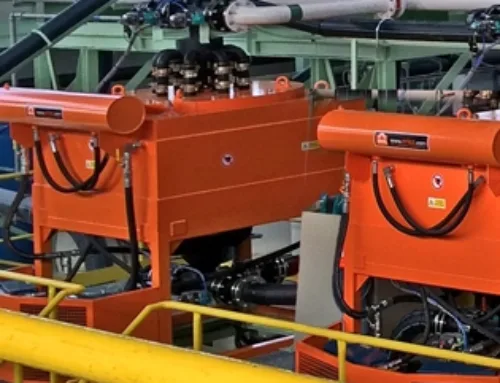
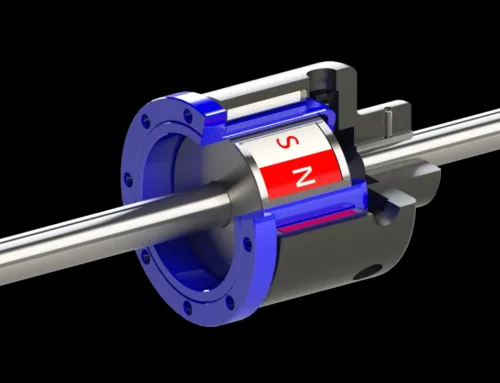
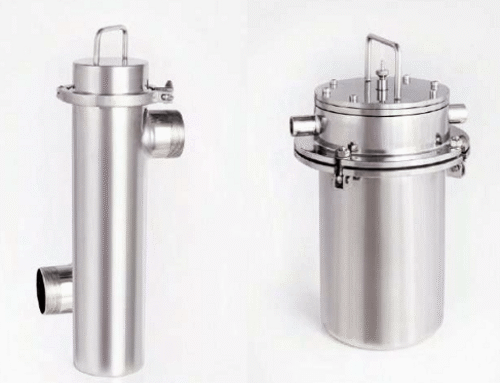
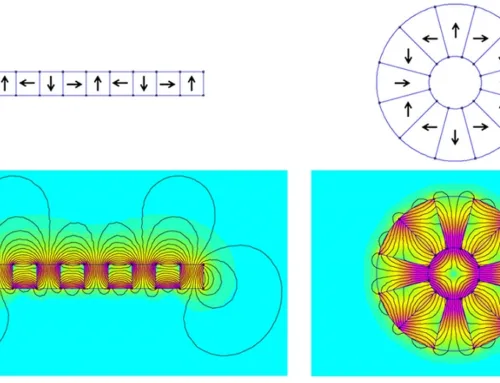
Leave A Comment